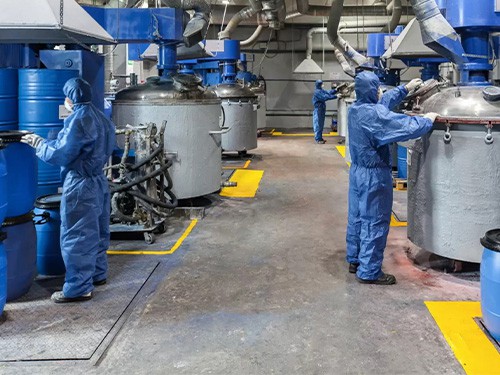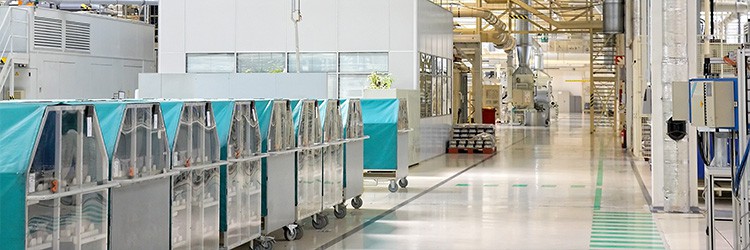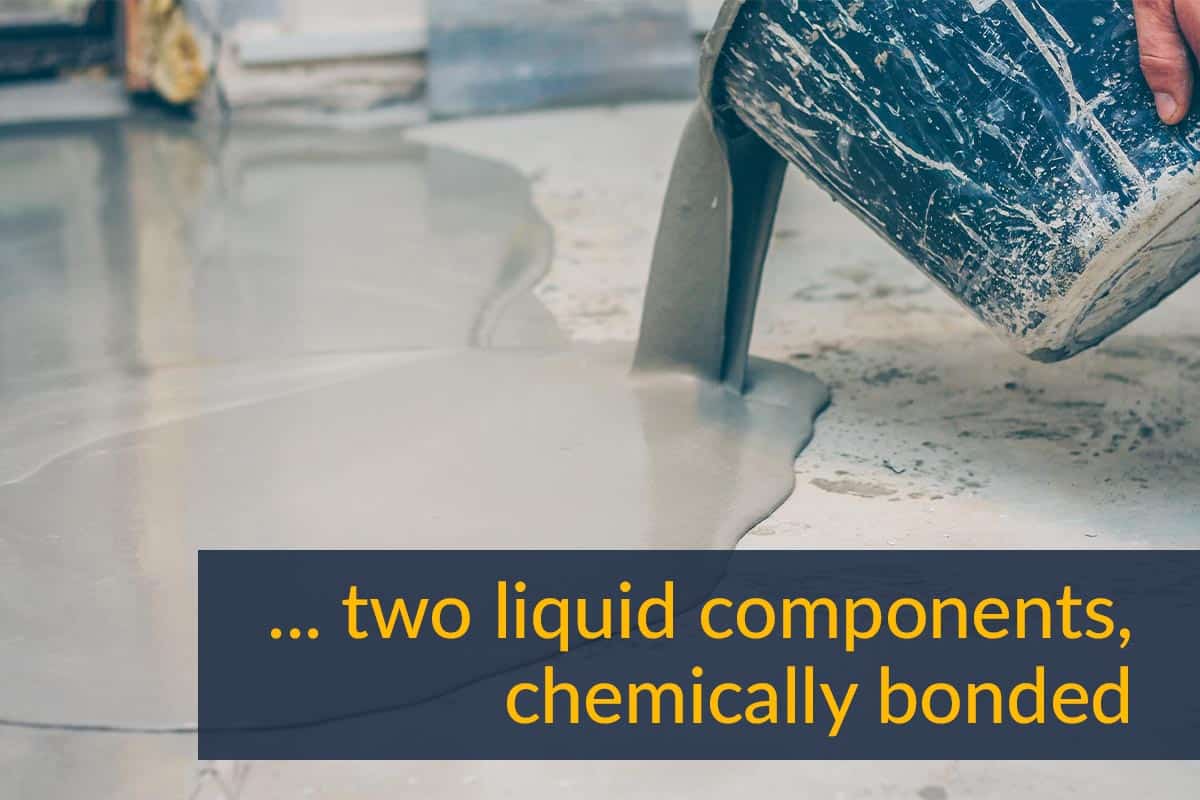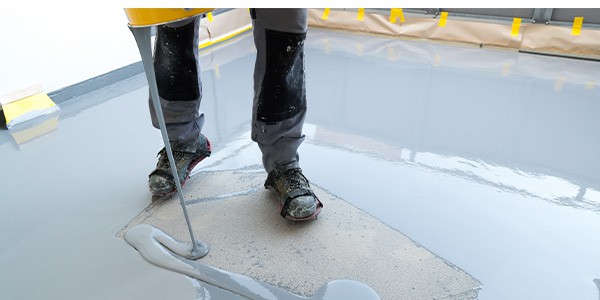Flooring for Chemical Manufacturers
The floors at restaurants, labs, and pharmaceutical manufacturers can get drenched in abrasive fluids. Such spills are inevitable, but the corresponding damage to your floor is not. We can help you protect your commercial floor from stains and corrosion with extreme chemical resistant epoxy floor coating. Here's how:
All about spills
Spill a cup of coffee at home, and it's just an annoying wipe-up job. But drop a container of urine, blood, or acid on the floor at your health center or manufacturing plant, and you could wind up with a damaged floor that fails to meet cGMP standards. Acidic fluids spilled onto even high-quality materials can cause floors to pit, stain, crack, or swell.
In some environments, you don't have to spill something to get corrosion started. In an industrial kitchen for example, floors experience prolonged exposure to oils, acids, and detergents that do real damage. How can you minimize harm to your floors in this environment?
Protect your floors and your employees from corrosive chemicals
If you manage a pharmaceutical company, a wastewater treatment plant, or a facility that handles corrosive chemicals on a day-to-day basis, you have probably observed how spills can eat through the coatings on your floor.
You've seen the unsightly stains and splits, but did you know these chemicals can also shorten the lifespan of the concrete beneath the coating? Spilled substances can leak into the porous concrete itself, lingering for years and potentially reacting with other spilled chemicals to release fumes.
You can keep your floors and your employees safe with chemical resistant flooring. Our experts can customize a special blend of high-strength, chemical-resistant epoxy, designed to withstand the kinds of spills that wear other floors away. This durable coating prevents chemicals from soaking through the floors, protecting the floor beneath and making it easier to completely clean up spills with just a surface-level cleaning.
Let's solve your flooring problems together.
What is acid-proof flooring?

Concrete makes a great industrial floor. It's hard to break and easy to clean. Polish up your concrete, add some color and design, and you've got a beautiful and functional floor.
But concrete isn't a trouble-free flooring solution. By design, concrete is a porous substance. Consequently, it can absorb whatever gets dropped or spilled on it. Some liquids may even leak all the way through the concrete and contaminate the ground below. A chemical-resistant floor coating can help prevent exposure and damage to concrete floors.
Maybe your floor isn't made of concrete though. What about epoxy? Is it chemically resistant? In general, yes. Basic epoxy provides strong protection against the corrosive effects of alcohol, chlorine, diesel, antifreeze, and gasoline. For protection against highly caustic substances, however, you need an upgraded epoxy.
In fact, our chemically resistant floor coatings are created from epoxy.
Will chemical-resistant coating make my floors unattractive?
It's a myth that you have to choose between a stunning finish and a chemically resistant floor.
Our extreme chemical-resistant floor coatings can match your design, whether it's a solid color, quartz blend, metallic powder, decorative chip blend, or a custom pattern or logo. In fact, a layer of epoxy coating can help cover any flaws in your floor's design.

Why does epoxy coating work so well as a protective agent?

Epoxy floor coatings consist of two main ingredients — the epoxy resin and the curing agent.
In most floors, the resin is something called "bisphenol-A diglycidyl ether" (DGEBA), and the curing agent is likely either polyamide or cycloaliphatic amine.
Polyamides provide the most resistant coating. We can add fillers, solvents, or pigments to that mix.
Why does proper installation matter?

Since every facility is different, you’ll want to make sure you get an expert to help you select the proper blend of chemical resistant epoxy to protect your floor.
You’ll also want to make sure that you get the full benefit out of the coating by making sure it bonds securely to the concrete below. We can help you accomplish that goal by properly preparing the surface ahead of time.
To review our extensively thorough installation process, take a moment to review Our Method. If you’re ready to talk with someone about your project, fill out the form at the top of this page, or give us a call at (864) 855-0600.
